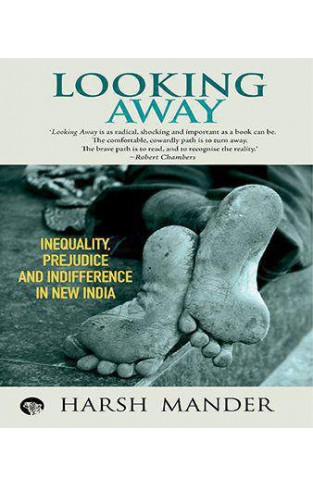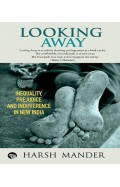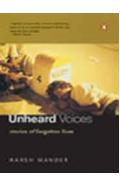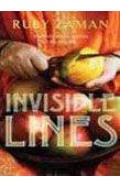Looking Away -
By: Harsh Mander
-
Rs 420.75
- Rs 495.00
- 15%
You save Rs 74.25.
Due to constant currency fluctuation, prices are subject to change with or without notice.
| Book | |
| What's in the Box? | 1 x Looking Away - |
Ash in the Belly: India`s Unfinished Battle Against Hunger -
By: Harsh Mander
Rs 722.50 Rs 850.00 Ex Tax :Rs 722.50
Fear and Forgiveness: The Aftermath of Massacre
By: Harsh Mander
Rs 552.50 Rs 650.00 Ex Tax :Rs 552.50
Zubin Mehta: A Musical Journey (An Authorized Biography)
By: VOID - Bakhtiar K. Dadabhoy
Rs 892.50 Rs 1,050.00 Ex Tax :Rs 892.50
Ash in the Belly: India`s Unfinished Battle Against Hunger -
By: Harsh Mander
Rs 722.50 Rs 850.00 Ex Tax :Rs 722.50
Ash in the Belly: India`s Unfinished Battle Against Hunger -
By: Harsh Mander
Rs 722.50 Rs 850.00 Ex Tax :Rs 722.50
Lonely Planet New England's Best Trips: 31 Amazing Road Trips
By: Mara Vorhees
Rs 2,120.75 Rs 2,495.00 Ex Tax :Rs 2,120.75
Zubin Mehta: A Musical Journey (An Authorized Biography)
By: VOID - Bakhtiar K. Dadabhoy
Rs 892.50 Rs 1,050.00 Ex Tax :Rs 892.50
Ash in the Belly: India`s Unfinished Battle Against Hunger -
By: Harsh Mander
Rs 722.50 Rs 850.00 Ex Tax :Rs 722.50
Fear and Forgiveness: The Aftermath of Massacre
By: Harsh Mander
Rs 552.50 Rs 650.00 Ex Tax :Rs 552.50
Ash in the Belly: India`s Unfinished Battle Against Hunger -
By: Harsh Mander
Rs 722.50 Rs 850.00 Ex Tax :Rs 722.50
















-120x187.jpg?q6)








-120x187.jpg?q6)








